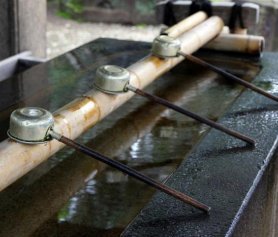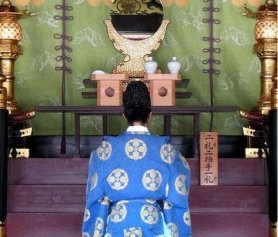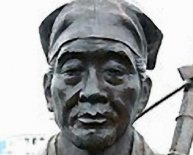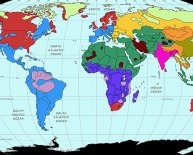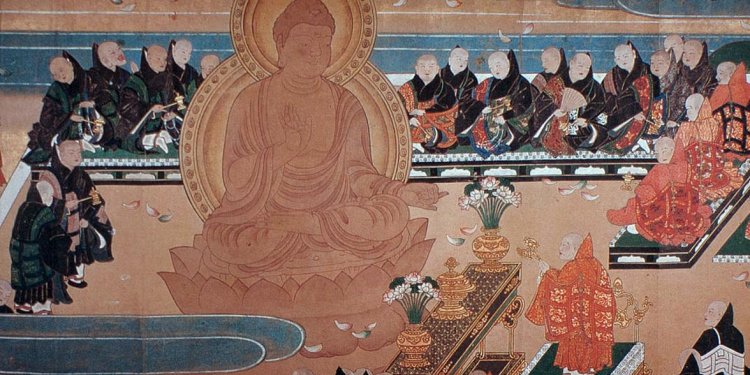
Shinto purification rituals
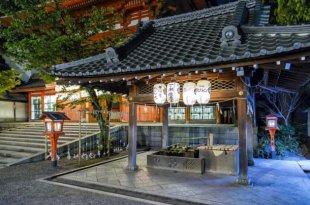 A ritual based religion, Shintoism is understood to be "just how regarding the gods" in Japan, through the Chinese Shendao. It's the native religion associated with the country, and endures these days as the condition faith, primarily since it permits the continued infusion of various other faiths into its core construction, as seen when Buddhism had been included in to the faith hundreds of years ago. The core of Shintoism, however, could be the kami system, or even the belief in several spirits regarding the world, making these adaptations viable as they are much more centered on the normal globe while the elements than on specific individual gods. But regardless of this, Shinto has a core number of gods and has now remained considerably admired the method by which the faith has was able to preserve these gods while consistently including areas of numerous various other religions.
A ritual based religion, Shintoism is understood to be "just how regarding the gods" in Japan, through the Chinese Shendao. It's the native religion associated with the country, and endures these days as the condition faith, primarily since it permits the continued infusion of various other faiths into its core construction, as seen when Buddhism had been included in to the faith hundreds of years ago. The core of Shintoism, however, could be the kami system, or even the belief in several spirits regarding the world, making these adaptations viable as they are much more centered on the normal globe while the elements than on specific individual gods. But regardless of this, Shinto has a core number of gods and has now remained considerably admired the method by which the faith has was able to preserve these gods while consistently including areas of numerous various other religions.
Very relevant traditions of Shinto faith could be the purifying ritual, performed prior to entering the jinja, or shrine. It is a simplified version of a much larger purifying ritual that generally takes place in a river or by a waterfall. The only real resources needed for this ritual would be the Temizuya, or perhaps the liquid basin, and also the Hishaku, the long wooden spoon offered on basin. Within variation, a visitor gets near the temple and prevents on Temizuya initially. The visitor will likely then make use of a Hishaku to scoop up liquid and pour it initially regarding the right hand, then left.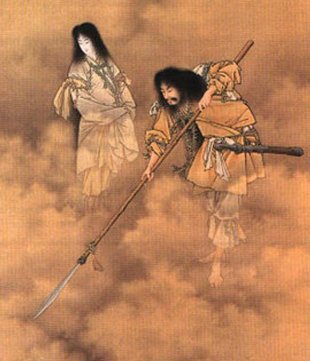 anyone after that cleanses his/her lips aided by the liquid in the hand and pours liquid throughout the left hand once again to repurify it. The rest of the water must drip back off the handle and also the Hishaku is replaced. The purpose of enabling water to trickle back down the Hishaku is due to the longer type of the ritual. Called "purification by moving water", the water must constantly be in motion the ritual to reach your goals. By allowing the water to move back another side of the device this original function is satisfied.
anyone after that cleanses his/her lips aided by the liquid in the hand and pours liquid throughout the left hand once again to repurify it. The rest of the water must drip back off the handle and also the Hishaku is replaced. The purpose of enabling water to trickle back down the Hishaku is due to the longer type of the ritual. Called "purification by moving water", the water must constantly be in motion the ritual to reach your goals. By allowing the water to move back another side of the device this original function is satisfied.
Yasaka Shrine Main Gate's Purification Fountain in Kyoto, Japan . Kyoto, Japan - 2014.Photo credit by Checo. ( bigstockphoto.com)
